Directors back surfwear brand’s $200m sale to US owner of Quiksilver
TWO of the global surfwear groups founded in Australia will be united under one parent company in a $200 million deal that paves the way for a sweeping industry restructure.
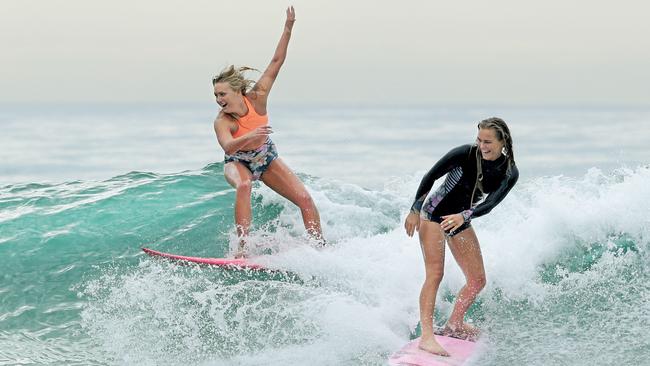
Business
Don't miss out on the headlines from Business. Followed categories will be added to My News.
TWO of the global surfwear groups founded in Australia will be united under one parent company in a $200 million deal that paves the way for a sweeping industry restructure.
In a move consigning another famous Australian label to foreign ownership, Billabong directors have backed a buyout offer from the US company that now owns rival Quiksilver.
BILLABONG FLOODED WITH RED INK
SURFSTITCH SLUMPS INTO ADMINISTRATION
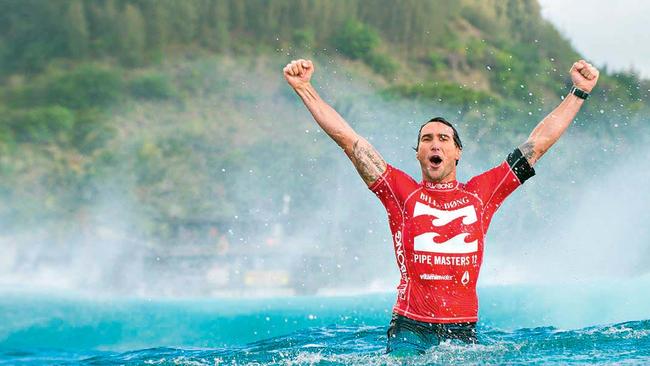
Billabong, which is based on the Gold Coast, announced yesterday that its directors and key investors were formally supporting the takeover offer from Boardriders. Based in California, Boardriders owns fashion brands including Roxy, DC Shoes and Quiksilver, which was founded in Torquay almost 50 years ago.
The announcement yesterday comes after Business Daily reported three weeks ago that Billabong directors were on the cusp of declaring their support for the buyout offer.
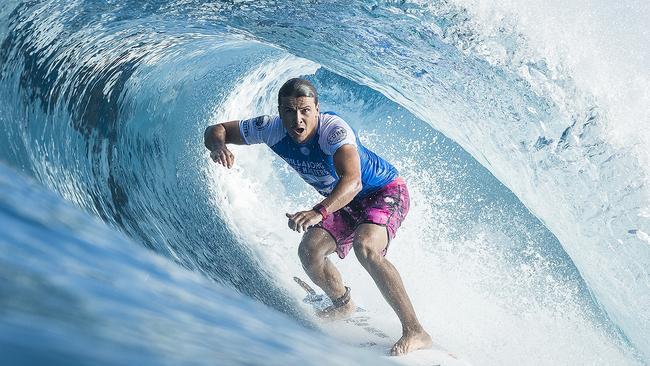
Boardriders is controlled by Los Angeles-based private equity house Oaktree Capital Management. It will pay $1 for each share in Billabong.
That is a 28 per cent premium to the closing price of Billabong shares on November 30, the day before the offer was tabled.
The deal values the company’s stock at $198.1 million and gives Billabong an enterprise value — a tally that also takes debt into account — of $380 million.
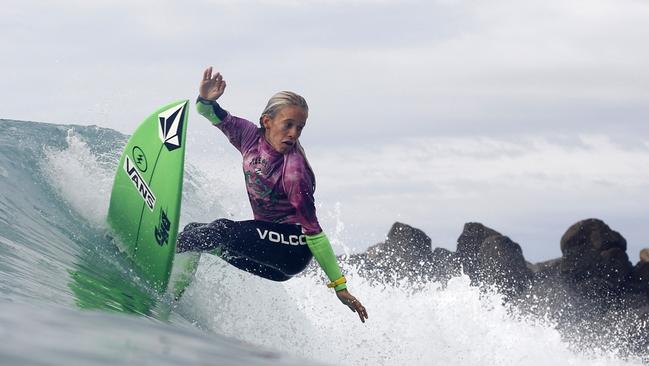
Save for an unlikely complication, it means two of the three Australian surfwear brands that have evolved into global titans will have common ownership. That likely heralds a shake-up at Billabong and Quiksilver as Oaktree moves to capitalise, potentially through a cost-cutting drive.
The third Australian surfwear heavyweight, Rip Curl, was also established in Torquay.
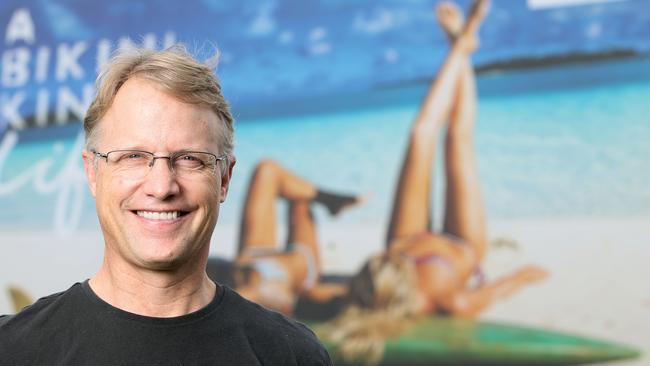
Founders Doug Warbrick and Brian Singer still own 72 per cent of that group, but have been in talks in recent months over a potential sale.
Billabong has hired financial advisory house Grant Samuel to prepare a report on whether the Boardriders buyout is in the best interests of shareholders.
Directors have called on Billabong shareholders to support the deal in the absence of a better offer, subject to a favourable report from Grant Samuel.
Billabong chairman Ian Pollard said yesterday that if the buyout did not proceed, shareholders faced “ongoing risks and uncertainties associated with the business”.
“These include risks relating to the state of the global retail market,” Mr Pollard said.
The group would likely have to sell assets or tap shareholders for more cash to reduce its debt if it were to continue as an independent company, he said.
In a critical gesture of support, two key Billabong investors have given their tentative blessing to the buyout.
Another private equity house, Centerbridge Partners — which, like Oaktree, has a stake of about 19 per cent in Billabong — intended to support the deal, the Gold Coast-based group said yesterday.
Billabong founder Gordon Merchant, who still owns almost 13 per cent of the company, has also voiced his support.
Oaktree pulled Quiksilver off the New York Stock Exchange in 2016 after securing more than 90 per cent of its shares as part of a refinancing deal.
The Billabong deal also means another Australian fashion house will fall into foreign hands.
Billabong operates 372 shops globally, including 105 across Australia, according to its annual report published in October. Among Australian retailers bought out by offshore investors in recent years, David Jones and Country Road were acquired in 2014 by South Africa’s Woolworths Holdings, which is not linked to its Australian namesake.
South African group Pepkor — now owned by another South African company, the troubled Steinhoff International — bought discount department store chain Harris Scarfe in 2012 and Fantastic Furniture in 2016. It also owns chains including Best & Less.


